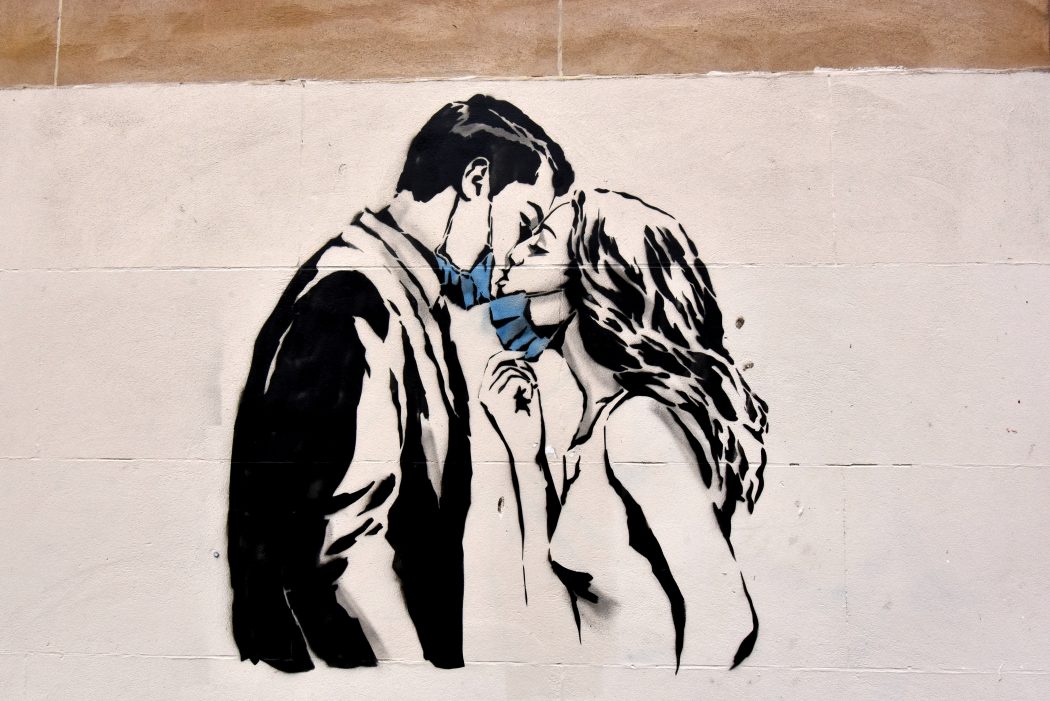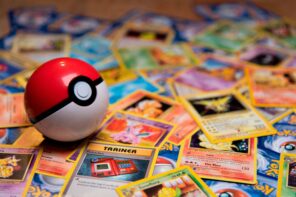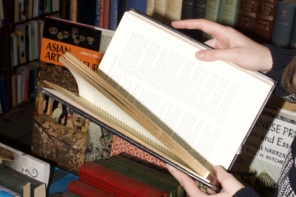As fall is now upon us and Montréal is a part of the red-zone, I have taken it upon myself to fill the time with cozy movie nights, watching all of my favorite uncomfortably sappy romantic comedies (and forcing my roommate to do the same). Recently, I came across the 2001 film Serendipity, the perfect culmination of the classic “love in New York City” storyline that we all find ourselves romanticizing. This one, as I’m sure you were able to guess from the title, depicts two people who repeatedly and randomly meet in a series of admittedly improbable, serendipitous events. After one of these meetings, the woman writes her name and phone number in a book, Love in the Time of Cholera by Gabriel Garcia Marquez. Eventually, her love interest finds the book at a used bookstore and, predictably, they fall in love after years of separation.
With the newness of the pandemic still setting in, we are admittedly even more distant from prospective love than ever before.
Now, upon watching this movie, I was struck with confusion—and, to be completely honest, a tinge of jealousy. I’m sure we’ve all established that college dating and hookup culture isn’t all that it’s cracked up to be (despite the optimistic perspectives of our grandmothers that like to ask “Have you met someone yet?” each time we return home for the holidays). However, with the newness of the pandemic still setting in, we are admittedly even more distant from prospective love than ever before. Serendipity made me question the validity and the value of meet-cutes and whether or not these circumstances of meeting a romantic partner will ever be the same.
In this time of online learning, characterized by neck cramps from sitting in the same position for 6 hours a day and uncomfortably dry eyes, it is hard to describe college as being ‘the time of our lives.’ Unsurprisingly, loneliness rates have been reported significantly higher during the pandemic compared to pre-Covid life. With all of these additional stresses, many of us want nothing more than to let loose, and what better way to accomplish this than through the random Suwu makeouts and embarrassing Tinder matches that were integral to previous years? Unfortunately (or maybe fortunately for my mental health), none of this is possible with the pandemic, especially after Montréal entered into red-zone restrictions that only allow us to interact with housemates in person.
So, if we can’t date in person, perhaps the only plausible solution is to turn to online options. Apparently, this is the exact deduction for the majority of the population, as dating app downloads and subscriptions have skyrocketed since the start of the pandemic. To mitigate the ‘stay at home’ fatigue, many dating apps have begun to implement special features that encourage dating from a distance. Bumble added a new video chat and voice call feature to allow people to get to know each other in a more “face to face” way compared to simple messaging. Tinder quickly followed suit and implemented other virtual elements to make acquaintance, such as Swipe Night.
It’s clear that most approaches to dating during the pandemic are more harm-reduction than prevention; a means of accepting that people will hookup instead of changing how we look at hookup culture in the first place.
Despite these new initiatives, many are questioning the real purpose. No one wants to be stuck in the “talking stage” forever, but if it’s impossible to safely meet up with your new Tinder crush in-person, the “talking stage” seems to be the end of the line. These new elements that online dating apps are so desperately trying to implement feel superficial, attempting to keep dating app use up, while users are well-aware that they won’t be able to see their matches anytime soon. Many colleges and universities that have online learning have released information on safe sex during the pandemic in hopes of mitigating these feelings, some of them with admittedly strange advice, such as asking students to wear masks during sex. It’s clear that most approaches to dating during the pandemic are more harm-reduction than prevention; a means of accepting that people will hookup instead of changing how we look at hookup culture in the first place. After all, we are creatures of habit.
However, as I was watching Serendipity, I began to yearn for these fateful meetings and years of pining that characterize most sappy rom-coms from the early 2000s. As a self-diagnosed hopeless romantic, I can’t help but wish for a break from the normalcy of swiping. These romantic comedies represent something that is so seemingly far from my own life that they are fascinating and intriguing. Wholesome accidental hand-touches while Christmas shopping and grabbing the same pair of gloves or writing down phone numbers on a $5 bill may seem silly, but it’s at least something to romanticize in these very unromantic times.
Upon further reflection, perhaps this very idealization of love that is represented in romantic comedies is not only what we want in these times, but what we need. It serves as an escape from the pressures of real life that, oftentimes, become too overwhelming to handle. Consuming content like Serendipity provides us with adequate distance from reality so that we can learn to romanticize our own lives once again, all while keeping a safe distance from human contact. If you think about it, cute love stories like that of Jonathan and Sara are everywhere—in the lives of our parents, grandparents, or that one friend who seemed to fall into the perfect relationship right before the pandemic struck. With this in mind, it seems as if these storybook romances could be just around the corner, on their way to us. In the meantime, I think I’ll just sit back, press play on the 2005 adaptation of Pride and Prejudice, and patiently await someone to tell me “You have bewitched me, body and soul.” It’ll work out, I’m sure.








